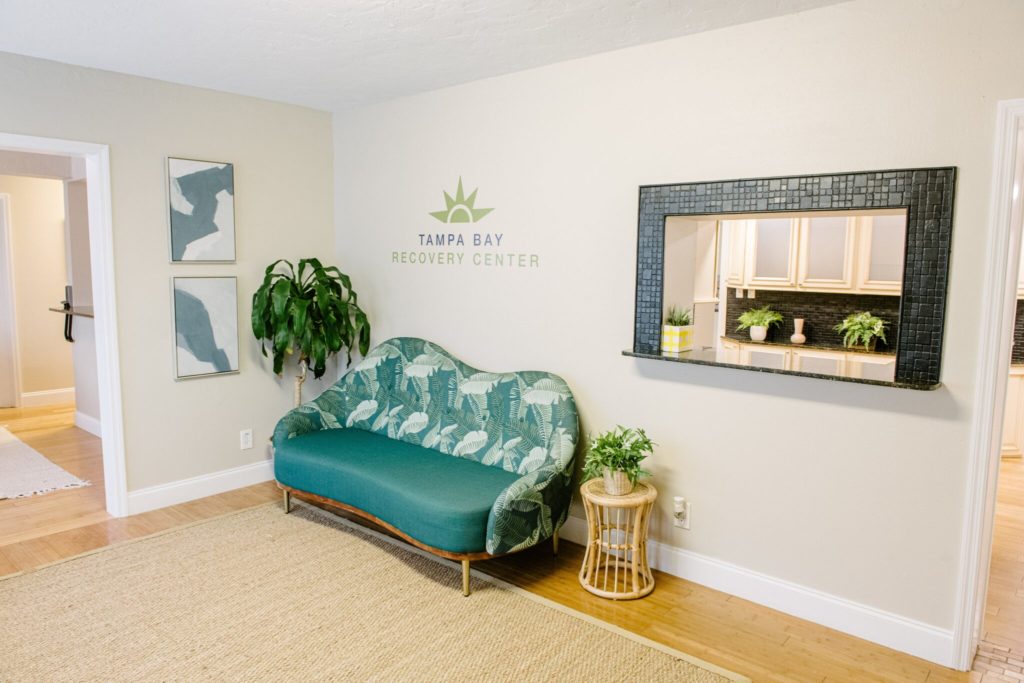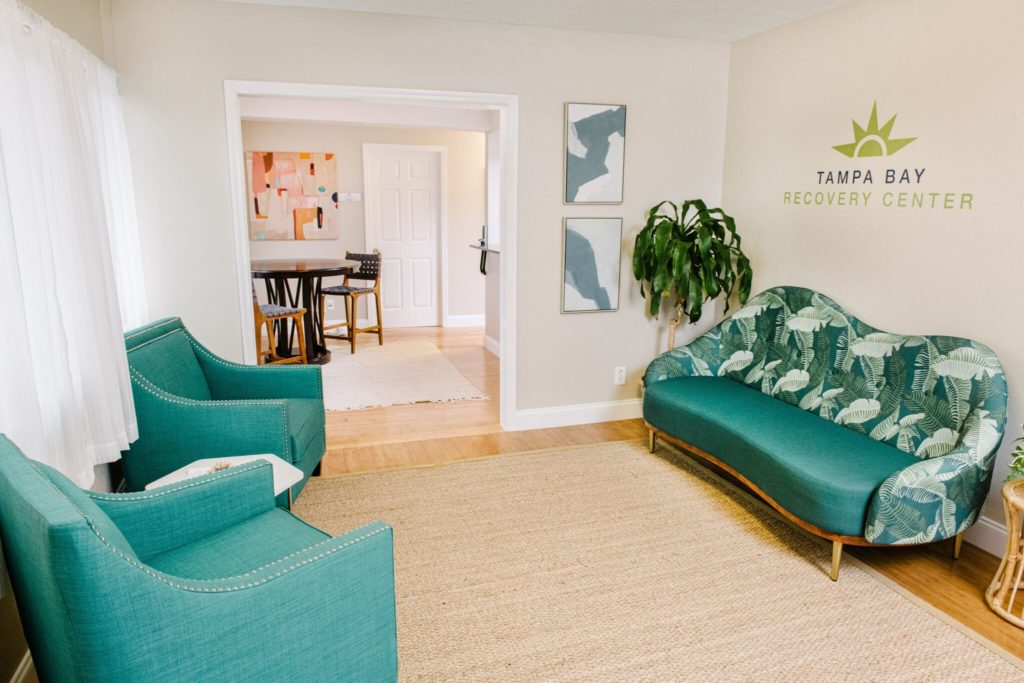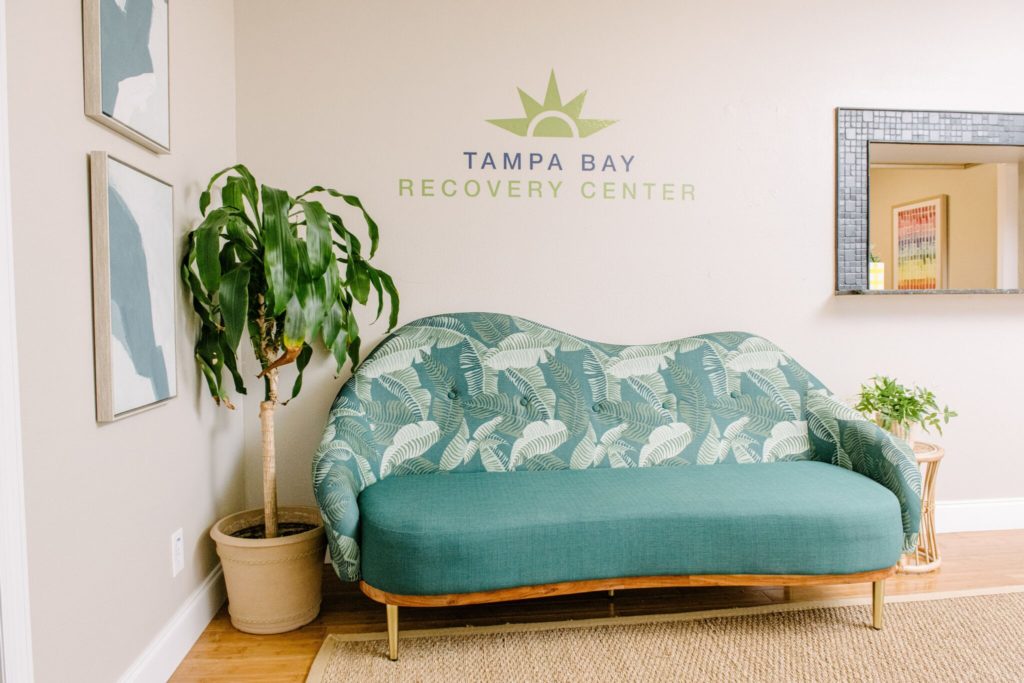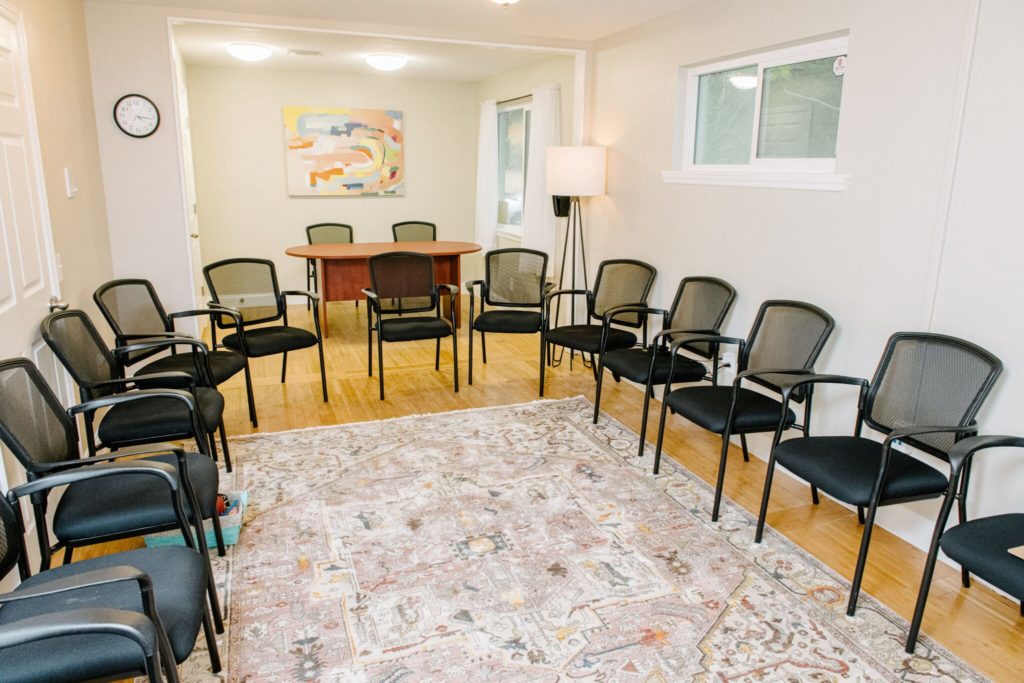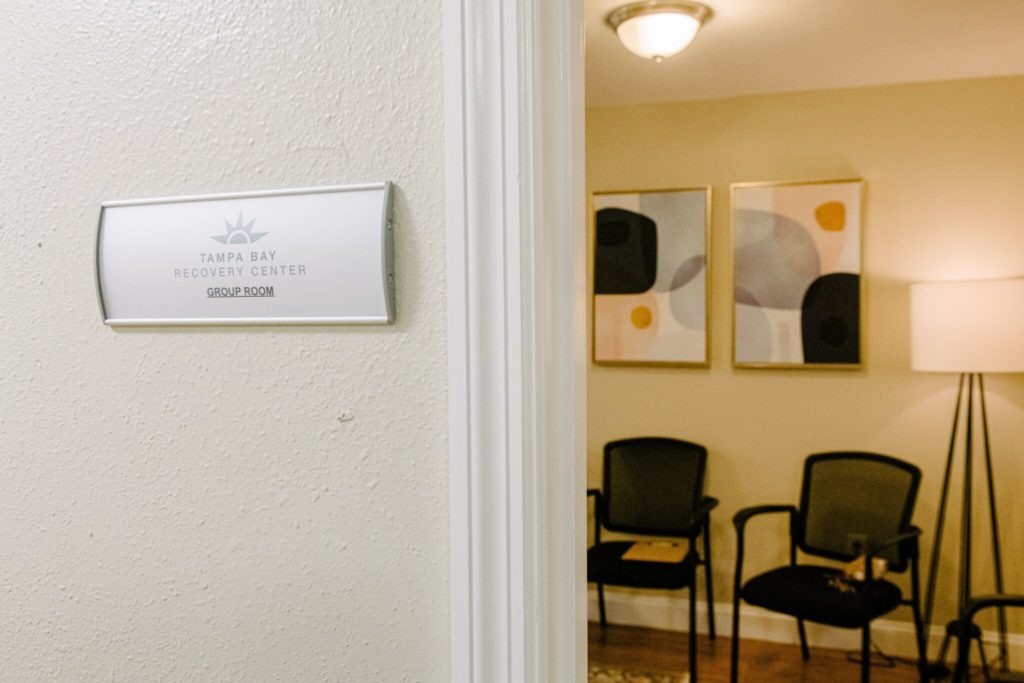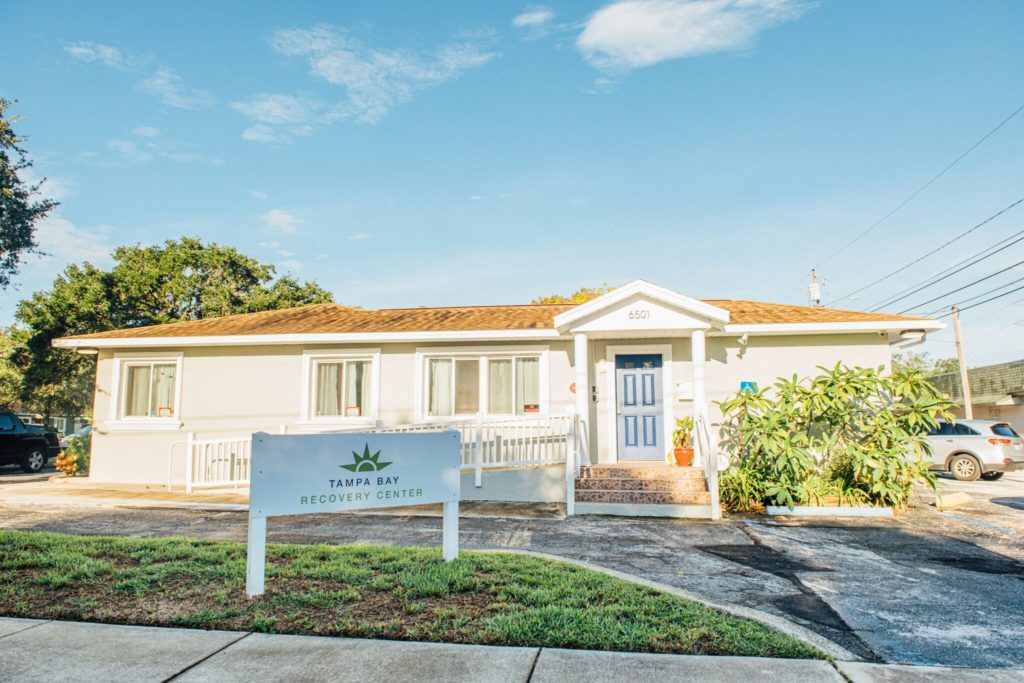Begin Inpatient Rehab in Florida Today
Tampa Bay Recovery Center has helped connect hundreds of individuals to inpatient rehab in Tampa, Florida. As an in-network outpatient facility, we’re committed to helping you find the program that supports your needs.
Medically Reviewed
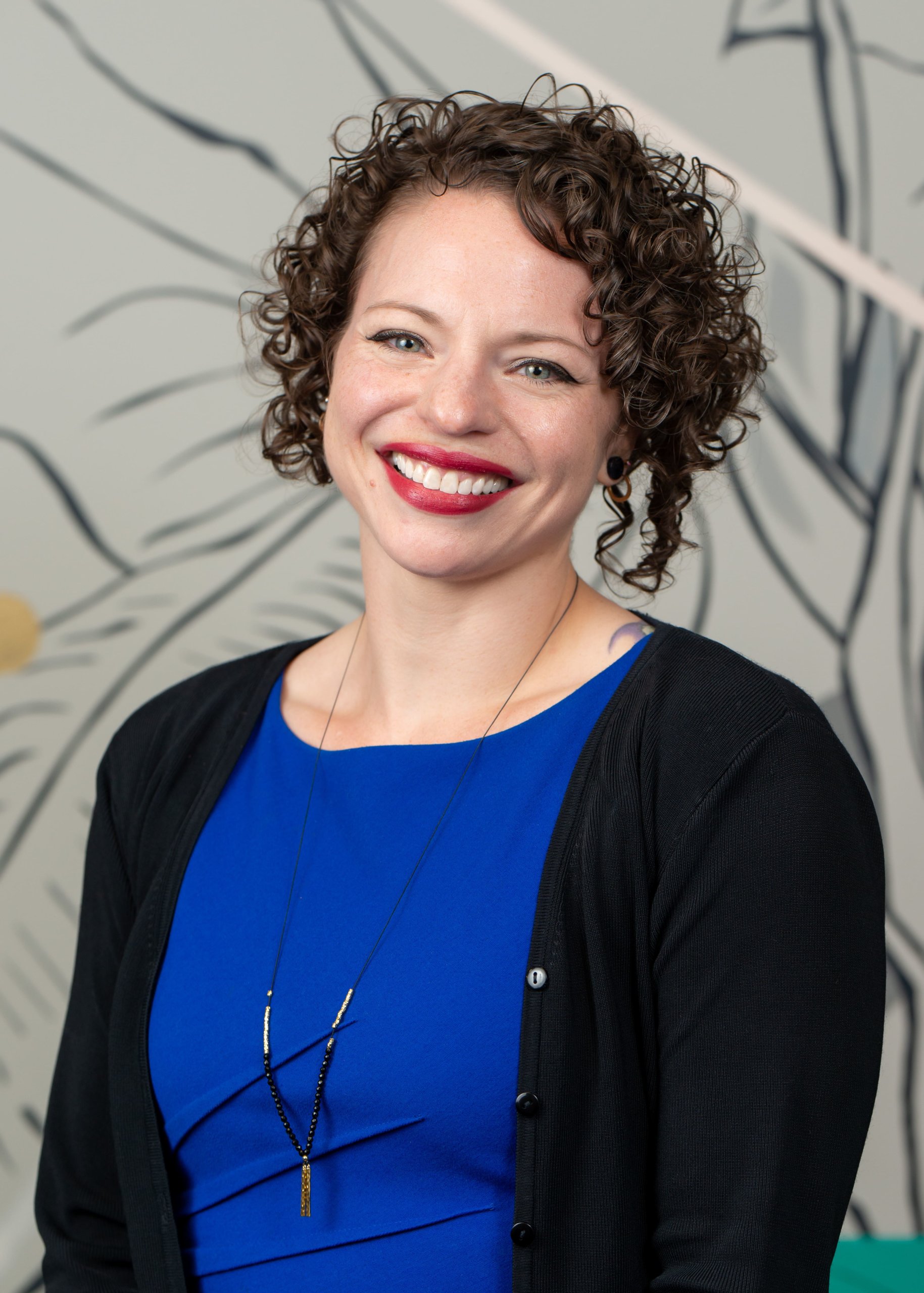
Medically reviewed by Erika Dalton, LMSW
Written by Tampa Bay Recovery staff
Updated on April 17, 2024
Medically Reviewed

Medically reviewed by Erika Dalton, LMSW
Written by Tampa Bay Recovery staff
Updated on April 17, 2024
Contents
Begin Rehab in Tampa Today
It’s time to put your health first. Call us right now to learn how we can help you break the cycle of addiction for good and create a new life of possibility
Inpatient rehab programs are one of the most crucial steps in recovery from addiction and co-occurring mental health disorders. While Tampa Bay Recovery Center does not provide this service, we can connect you to a partnered provider for inpatient rehab in Tampa, Florida. After inpatient rehab, you can step down to one of our outpatient programs to continue treatment.
What is Inpatient Rehab?
Inpatient rehab is a type of treatment program for substance use disorders and co-occurring mental health disorders. During inpatient rehab, you live within the same facility where you get treatment. This eliminates distractions so that you can focus on your recovery.
Before going to inpatient drug and alcohol rehab, you must attend a detox program. This ensures that you are drug- and alcohol-free before entering the program. Some inpatient rehab centers offer detox services to transition easily from one program to the next.
However, if you detox at another provider, you might need verification for admission to another inpatient facility.
Similarly, for mental health disorders, your symptoms must be relatively stable. In other words, you can’t be actively suicidal or in a mental health crisis. Thus, you might transition to inpatient rehab following a mental health hospitalization for stabilization services.
Is Residential Treatment the Same As Inpatient Rehab?
Residential treatment and inpatient rehab are the same type of program. These terms are often used interchangeably. Regardless of what you call it, an inpatient rehab program offers a homelike setting with medical care, behavioral therapy, peer support, and other amenities.
What Does a Typical Day in Residential Treatment Look Like?
A typical day in residential treatment follows a schedule of therapeutic activities aimed at treating your symptoms. Each provider offers different programs, however, you can expect to be in group or individual therapy throughout the day. In the evening, you might have additional treatment along with recreational activities.
How Long Does Inpatient Rehab in Tampa Take?
Most inpatient rehab programs last at least 30-90 days. While this might seem like a long time, you need this time to understand the underlying causes of your addiction or mental illness. You also need time to learn healthy habits and coping skills.
If you don’t take the time to dive deep into treatment, you are at a high risk of relapse during early recovery. Many programs offer extensions if you and your treatment team determine you need more time in treatment.
Ready to Escape Addiction? Let's get Started
Tampa Bay Recovery Center is a premier leader in the provision of addiction treatment services. If you or someone you love is in need of professional care to address a substance use disorder, reach out to us right now at (813) 733-8774 to speak with an admissions specialist who can get you started on the road to recovery.
How Do I Choose the Right Inpatient Rehab Program?
Everyone has different needs for their inpatient rehab program. It’s important to consider what is going to work best for you. After all, rehab only works if you find a program you can stick to.
The following can help you choose the right inpatient rehab program:
Many states require licensure to treat substance use and mental health disorders. An inpatient rehab in Tampa, Florida, should be licensed by the Florida Department of Children and Families.
In addition to state licensure, many facilities get third-party accreditation. This means they adhere to rigorous standards to qualify for a seal of approval. Examples include the Joint Commission (JCAHO) and the Commission on Accreditation of Rehabilitation Facilities (CARF).
Not all facilities are staffed and equipped to treat every type of drug addiction. On the other hand, some facilities specialize in treating specific drug addictions, yet they can accommodate others.
Some inpatient rehab providers only treat drug and alcohol addiction. Therefore, if you have a co-occurring mental health disorder, you want to find a facility that offers dual diagnosis treatment.
Similarly to specific drug addictions, you want to make sure they can treat your co-occurring mental health disorder.
You also want to find a place this comfortable for you. Some facilities offer private bedrooms, extracurricular activities, workstations for professionals, and exercise equipment.
It is also important to verify insurance before starting treatment. You don’t want to be surprised by unexpected bills after rehab. If you don’t have insurance, ask if they have affordable payment plans.
While some inpatient rehab providers offer aftercare services, others may not. It is important to have an aftercare plan in place before you leave inpatient rehab. Many providers partner with outpatient treatment centers to connect you to aftercare services.
Overcome Addiction with evidence-based, expert care.
What Happens After Inpatient Rehab?
After inpatient rehab, it is best to transition to an outpatient level of care. That way, you can continue getting treatment as you return to everyday life. This allows you to gradually resume life in recovery while still getting professional support.
After inpatient rehab in Tampa, you can continue treatment with Tampa Bay Recovery Center. We offer the following outpatient levels of care:
- Partial Hospitalization Program (PHP): Our PHP program provides a high level of outpatient care after you leave inpatient rehab. During PHP, you don’t live in the same facility as you get treatment. However, you will attend PHP for about seven hours per day, five to six days a week.
- Intensive Outpatient Program (IOP): Once you finish PHP, you can step down to an IOP program. IOP programs last about four hours per day, which gives you more flexibility than PHP. We also offer virtual IOP and evening IOP.
- Outpatient Rehab: Following IOP, you can attend a regular outpatient program. Most people attend a weekly therapy session for about an hour each week. This can help you work on specific issues and get additional support as you return to everyday life.
During outpatient treatment, you can live on your own, with family or friends, or in a sober living program. If you are new to recovery or don’t have stable housing, sober living programs can help you. During sober living, you get additional support and accountability from other residents as you continue with your recovery.
Start Inpatient Rehab Today
After detox and stabilization services, finding an inpatient rehab in Tampa is your next step in recovery. At Tampa Bay Recovery Center, we partner with the best inpatient providers to connect you to the services that you need. After inpatient rehab, you can begin outpatient treatment with us.
Contact us to find an inpatient rehab provider in Tampa, Florida, today.
Our Philosophy
We believe that getting help for substance use disorders is about much more than just trying to get through another day of not drinking or using drugs. Our mission is to help people reclaim their lives by teaching them how to effectively deal with the stress, trauma, and anxiety that contribute to their addictions.
Meet Our Team
Our staff has over 60 years of combined experience in treating behavioral health disorders. Our compassionate and empathetic approach has helped hundreds.

